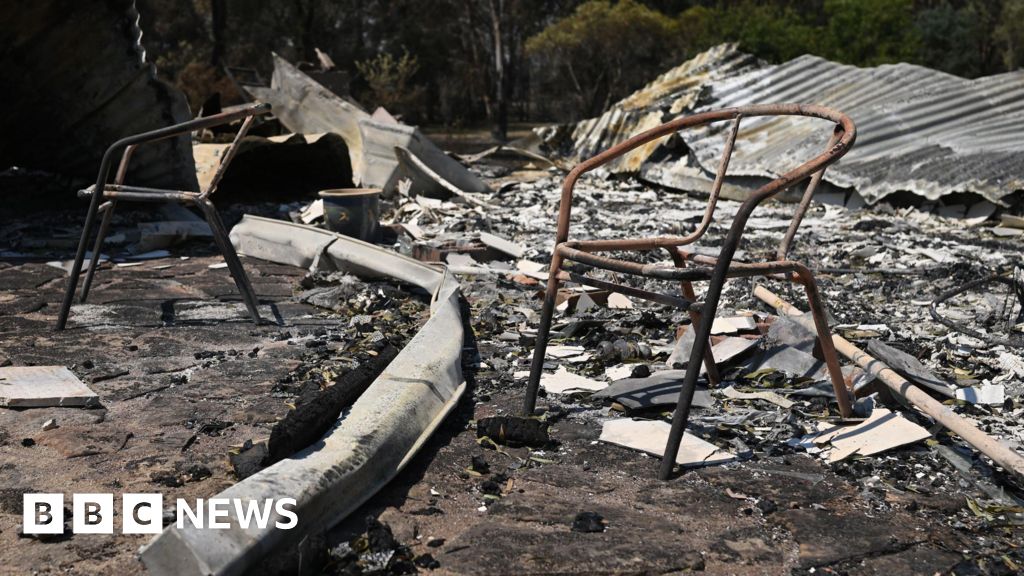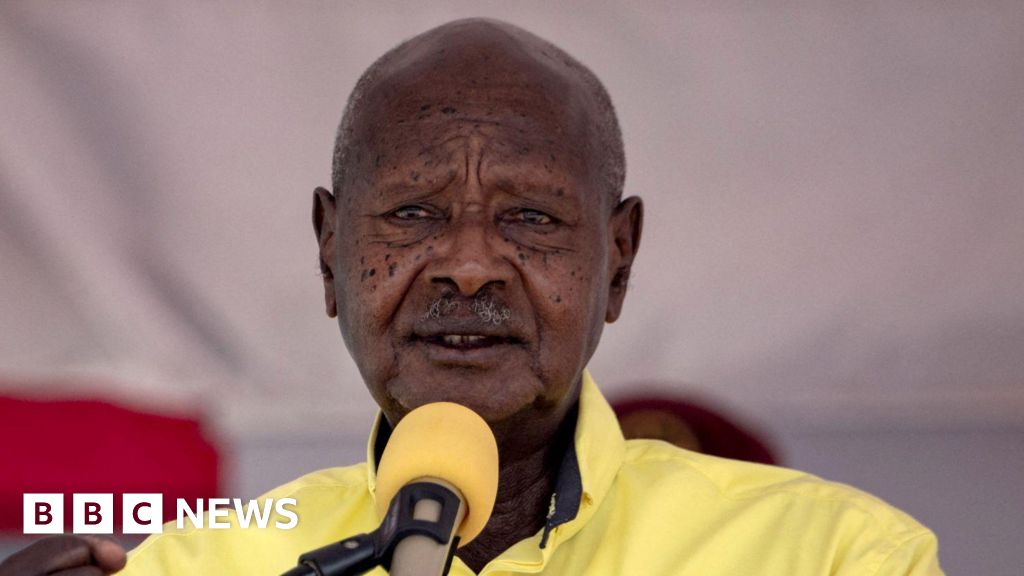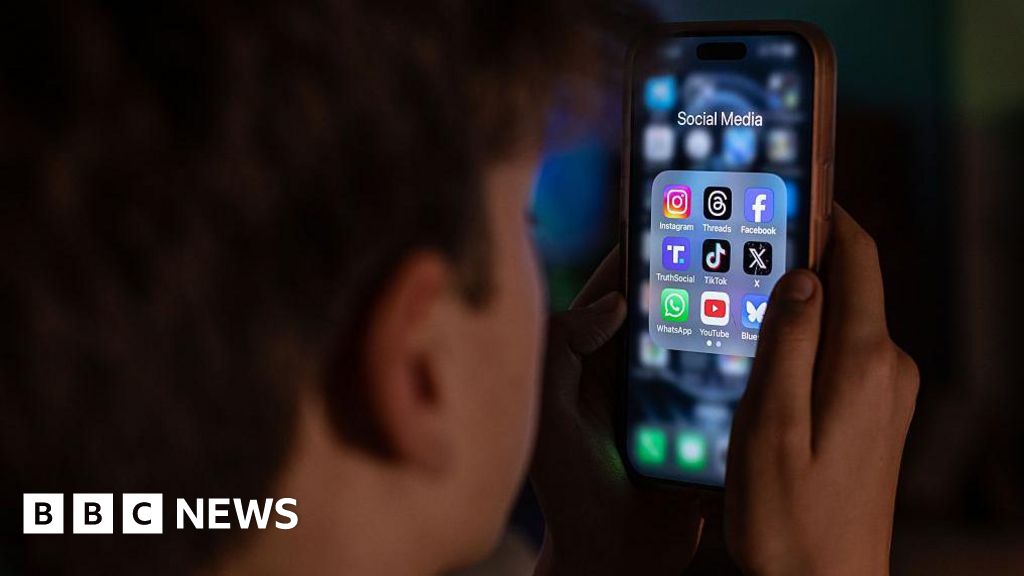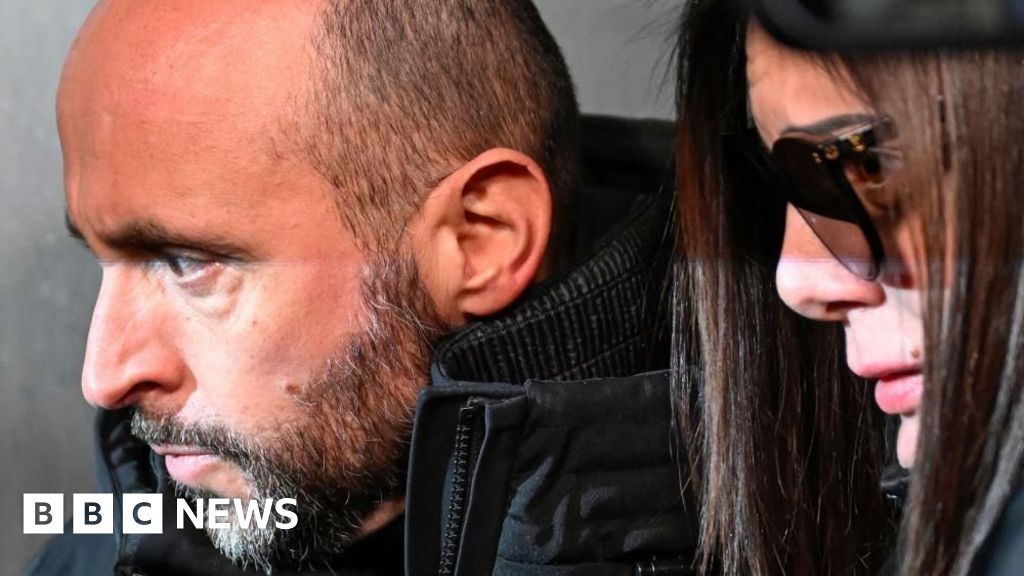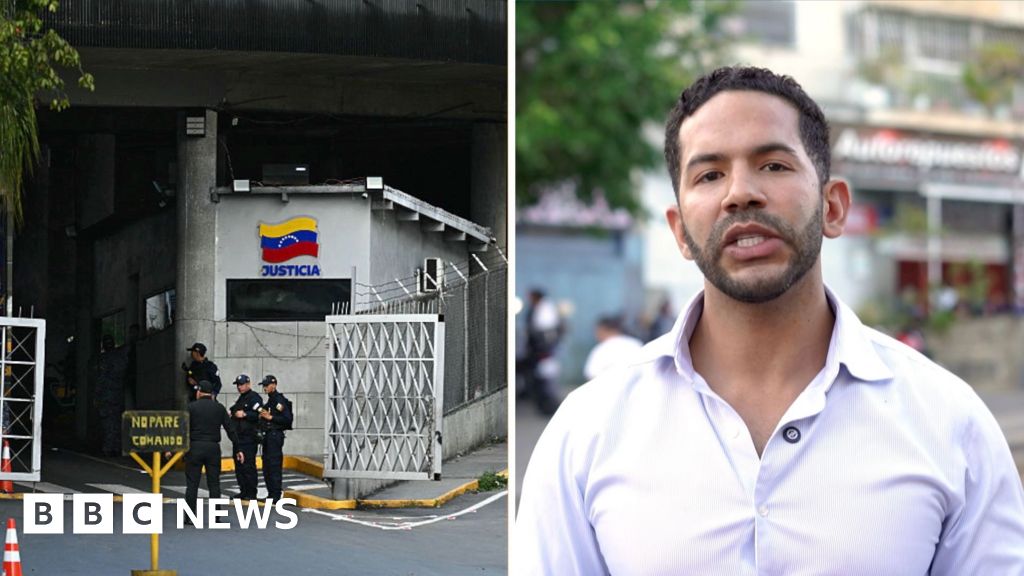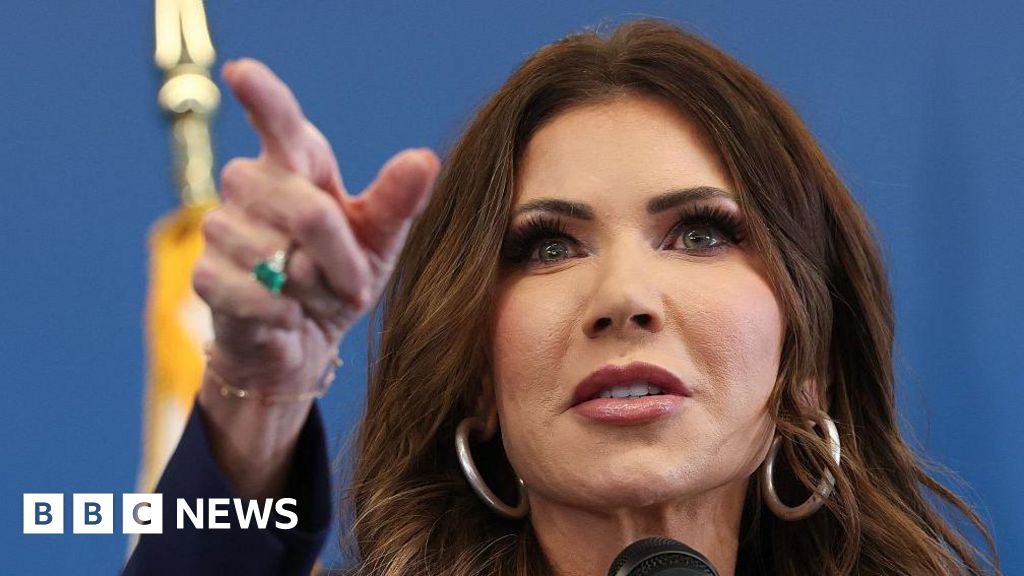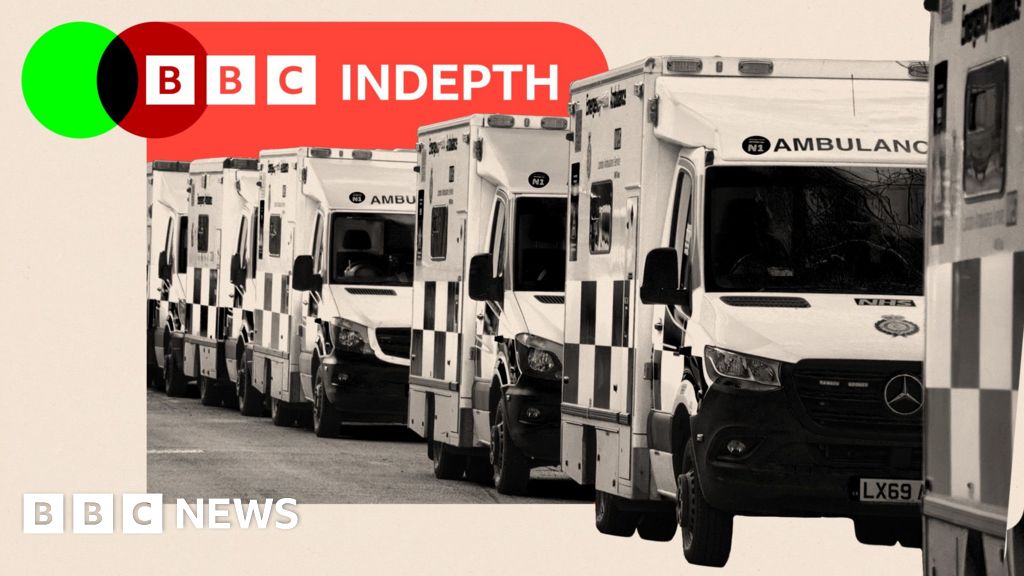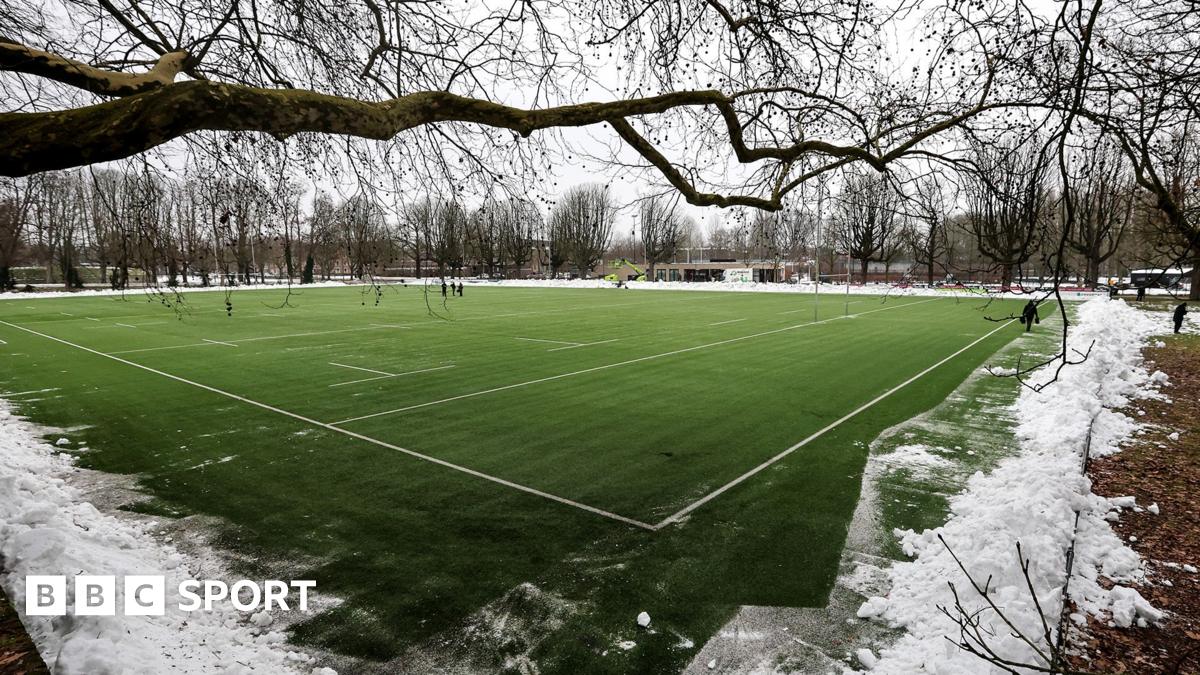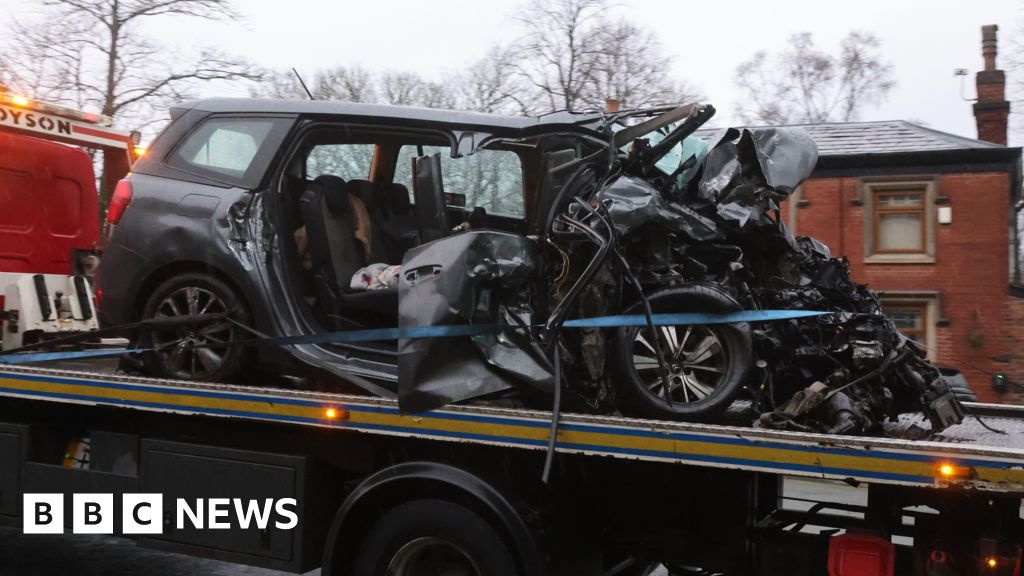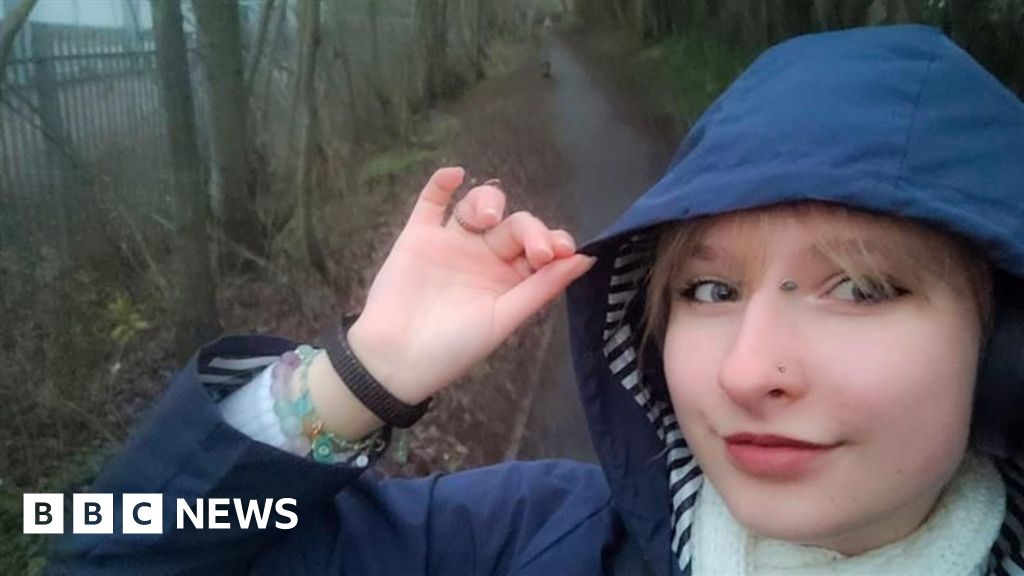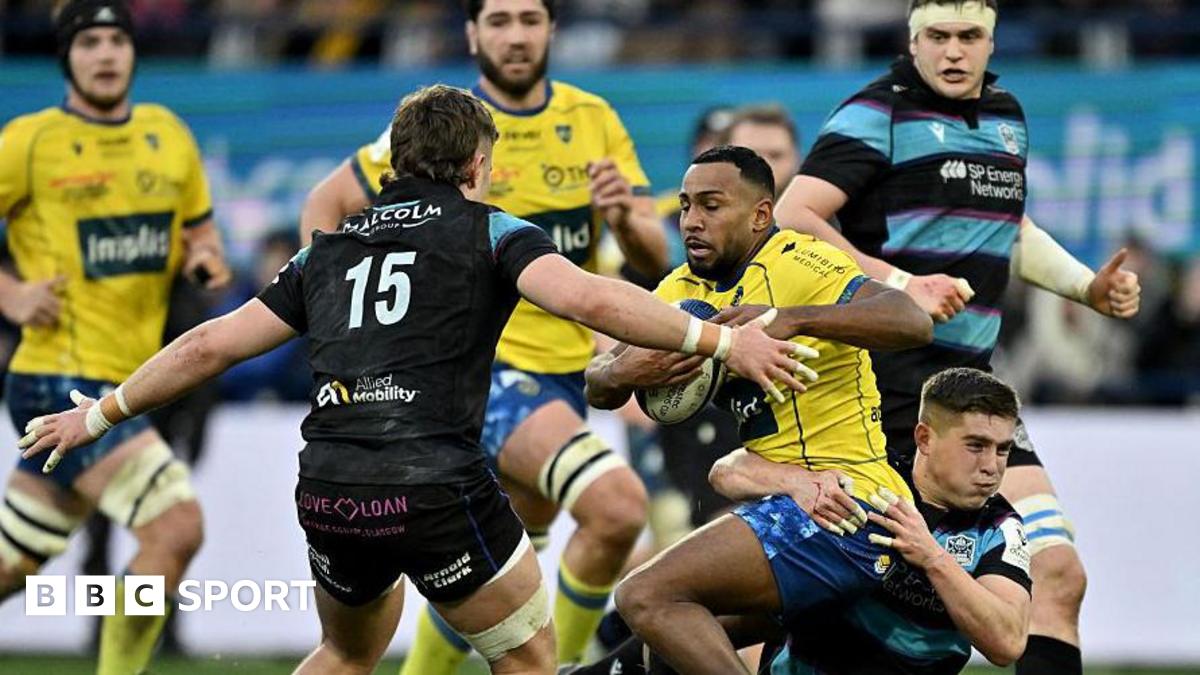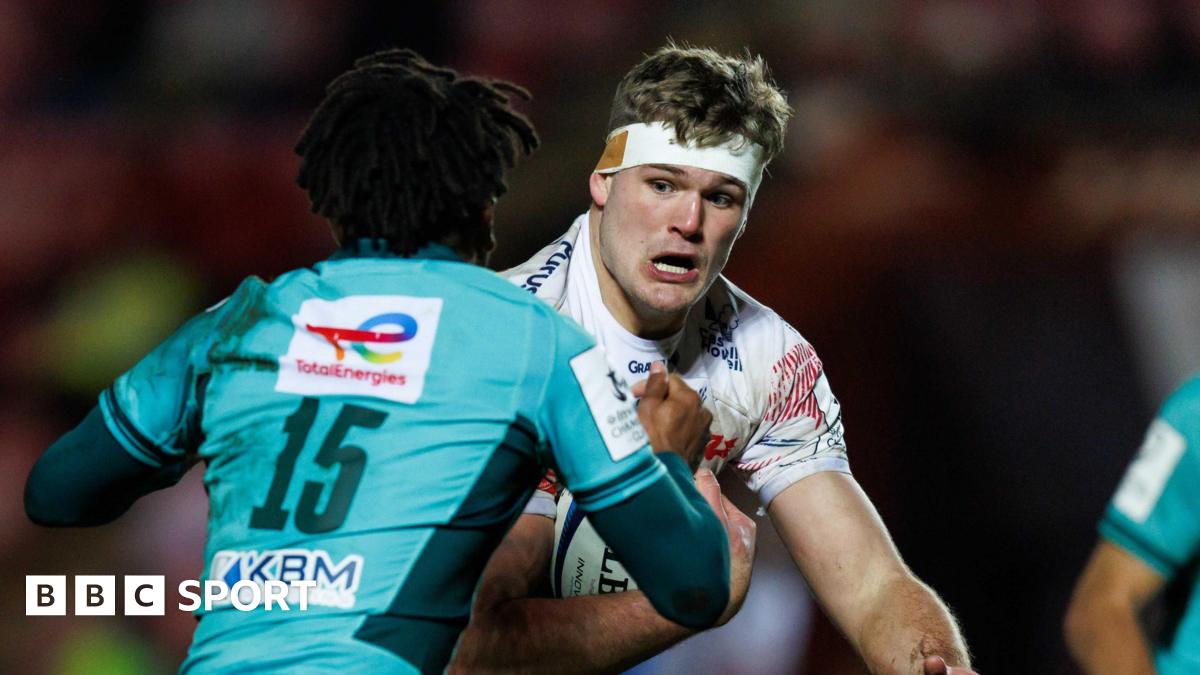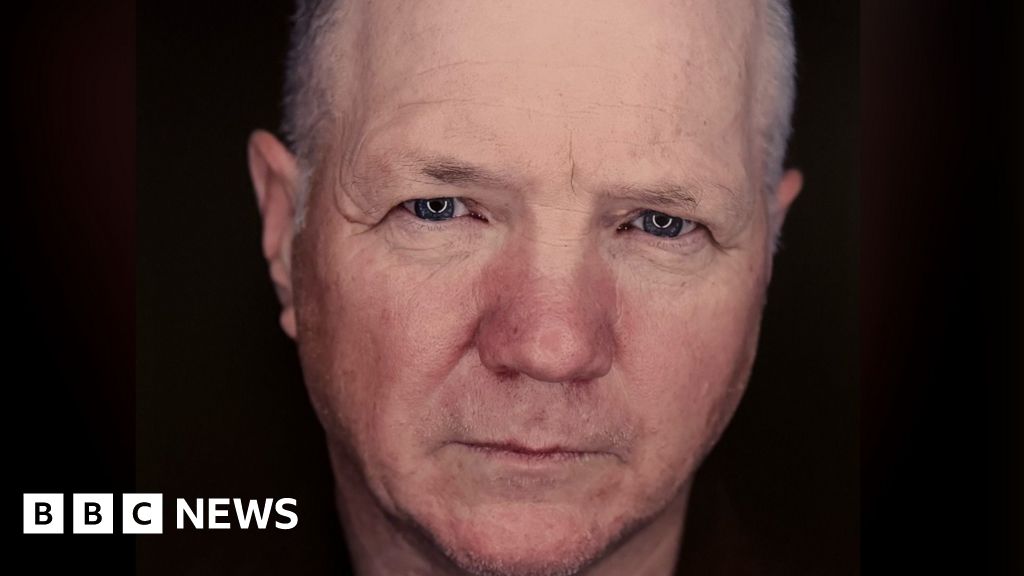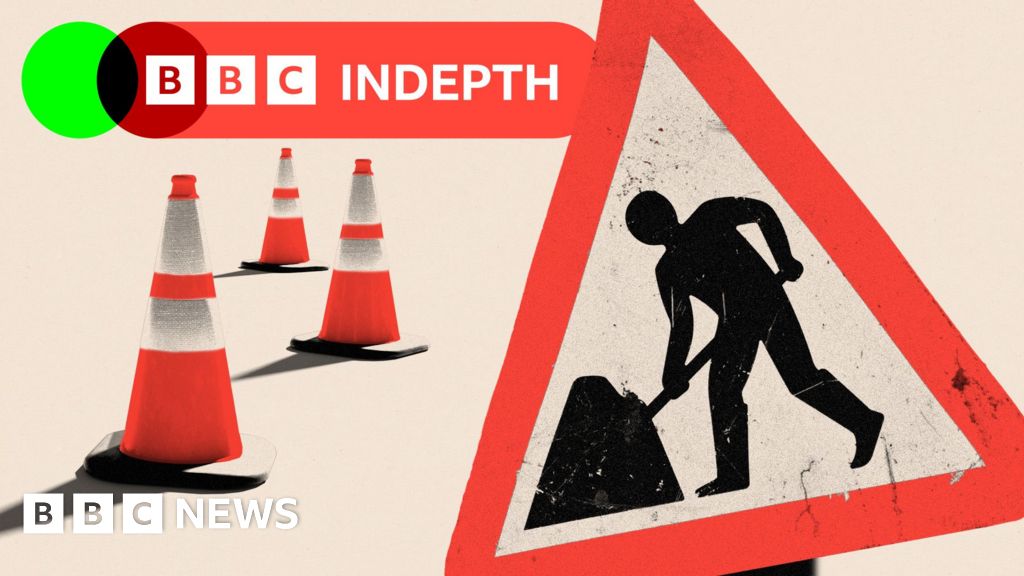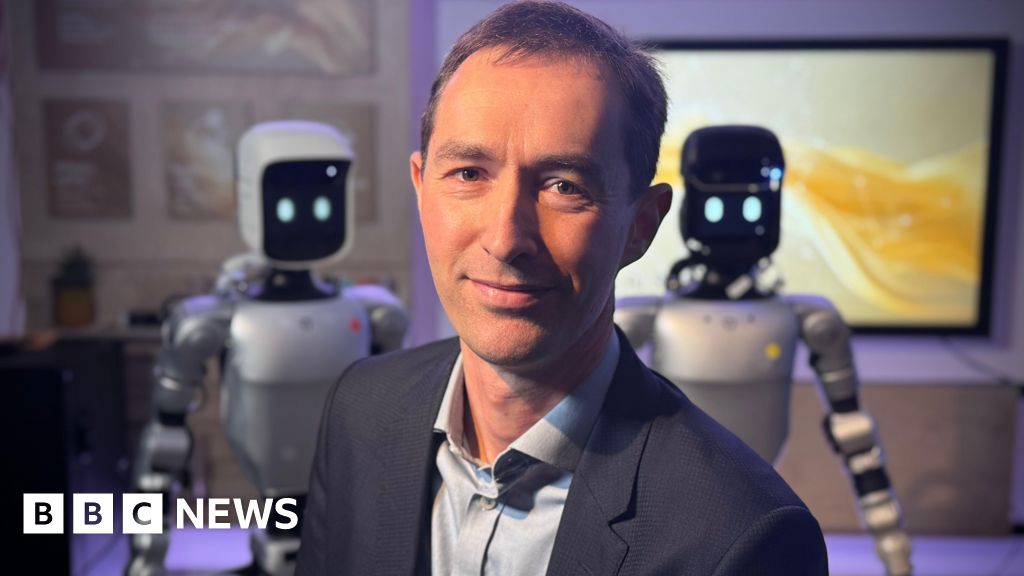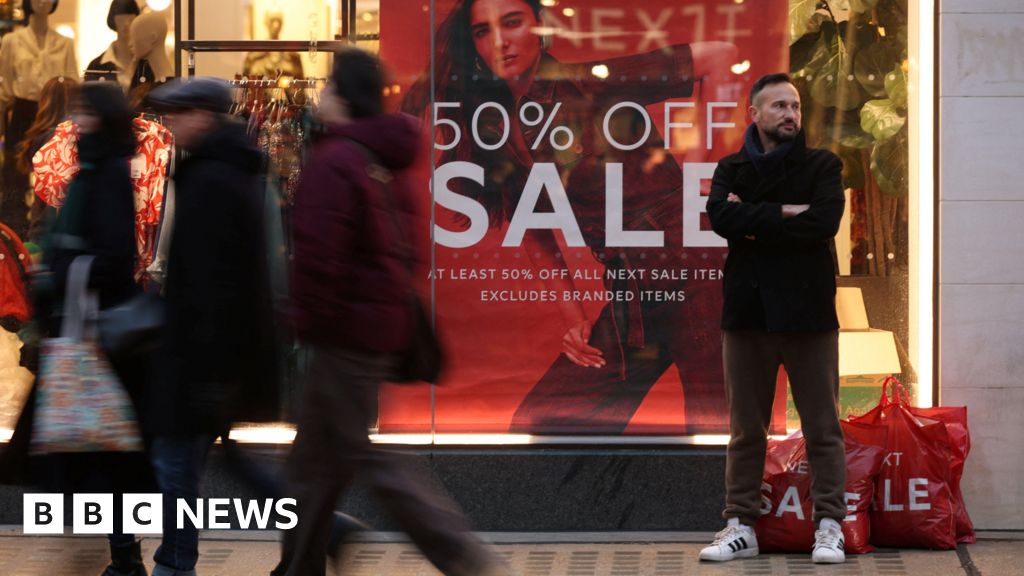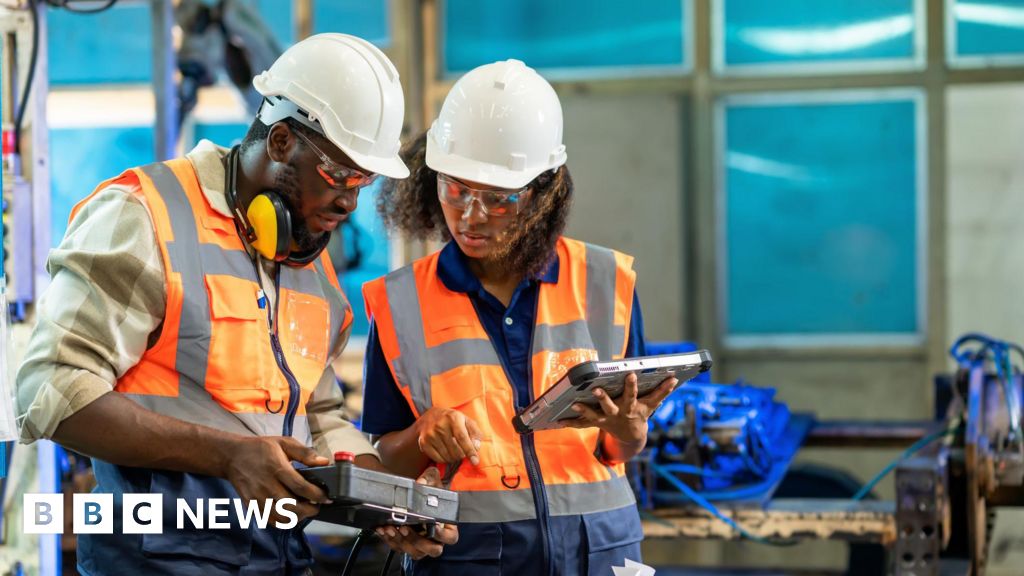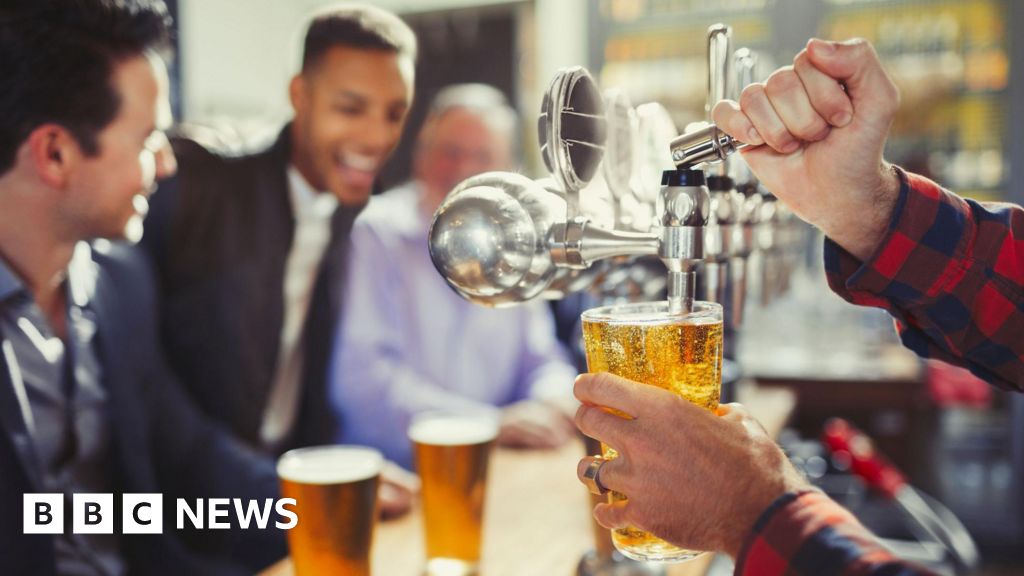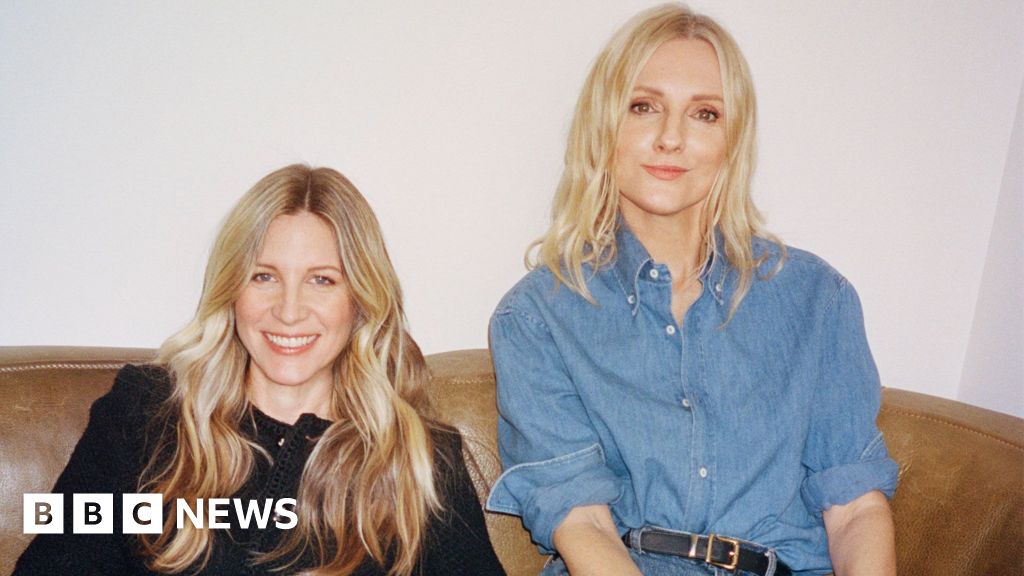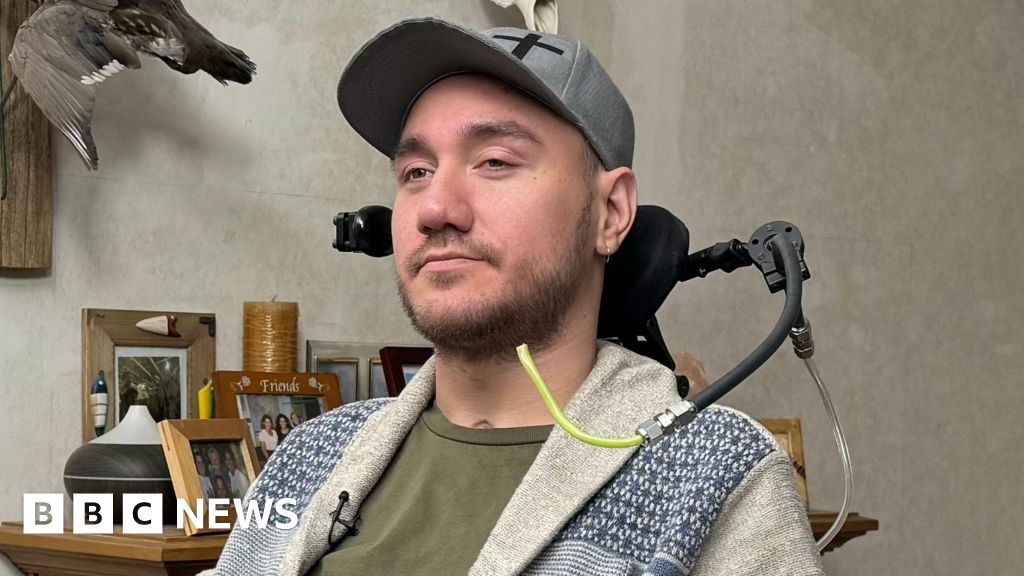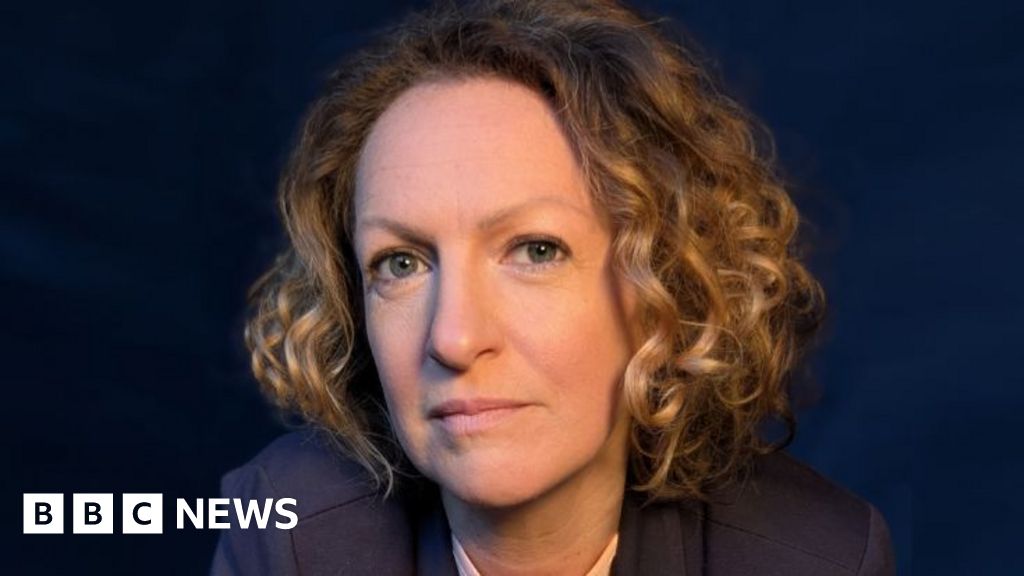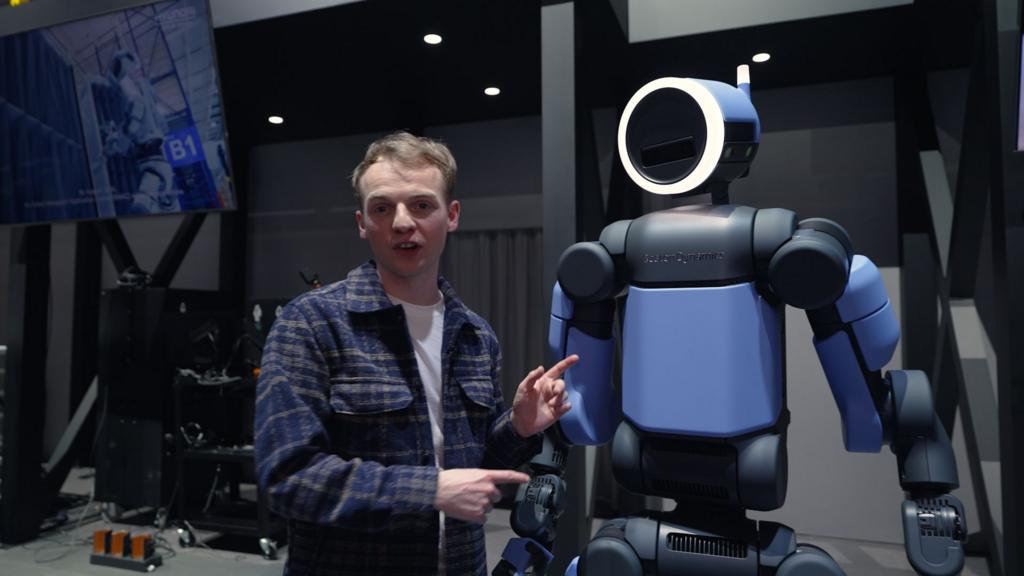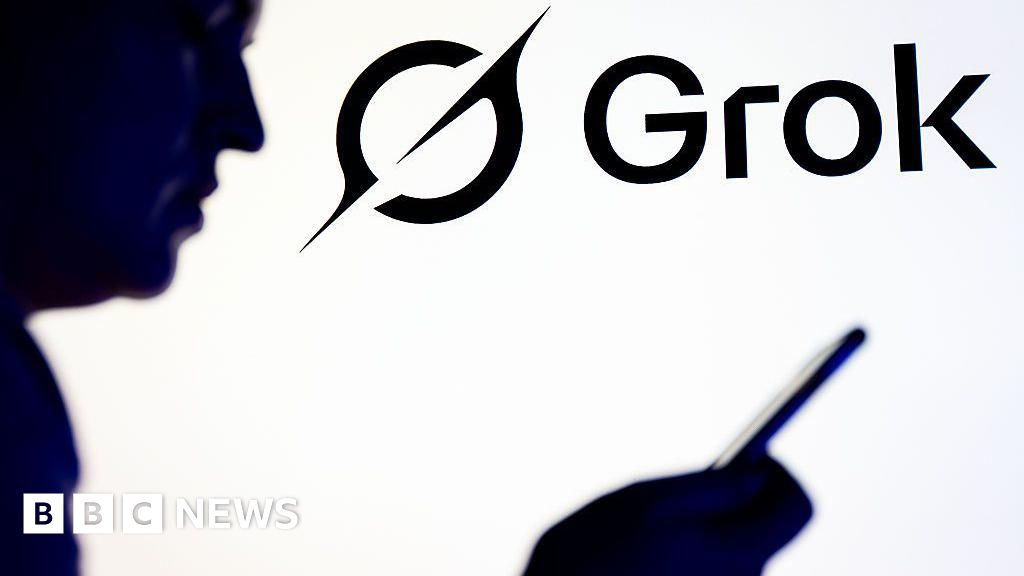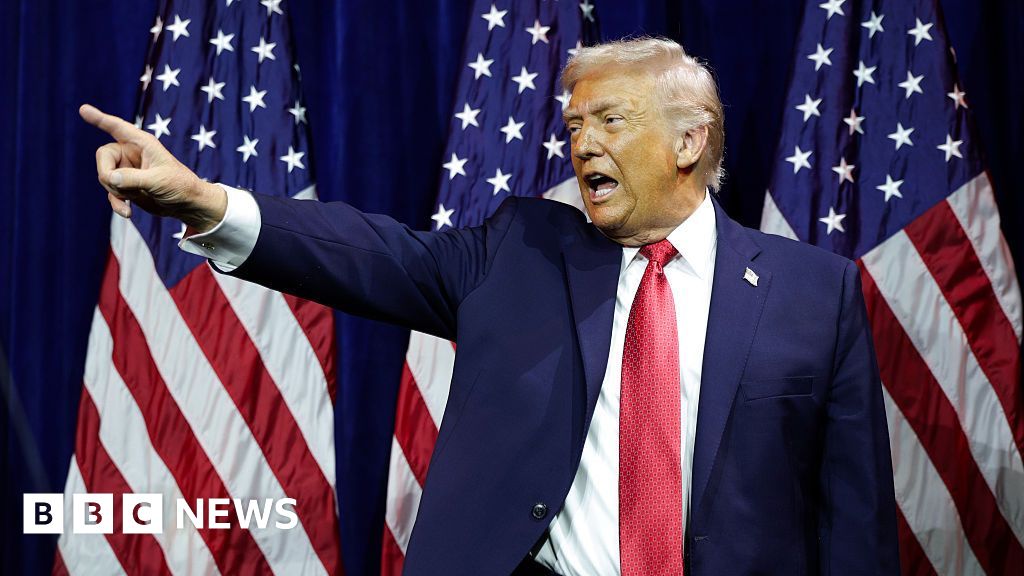BBC News
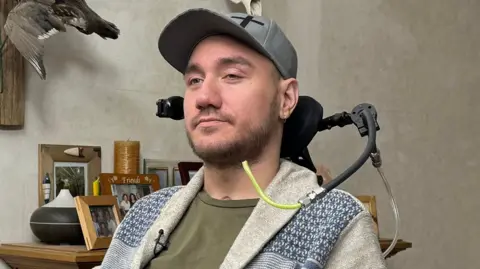 BBC
BBCHaving a chip in your brain that can translate your thoughts into computer commands may sound like science fiction – but it is a reality for Noland Arbaugh.
In January 2024 – eight years after he was paralysed – the 30-year-old became the first person to get such a device from the US neurotechnology firm, Neuralink.
It was not the first such chip – a handful of other companies have also developed and implanted them – but Noland’s inevitably attracts more attention because of Neuralink’s founder: Elon Musk.
But Noland says the important thing is neither him nor Musk – but the science.
He told the BBC he knew the risks of what he was doing – but “good or bad, whatever may be, I would be helping”.
“If everything worked out, then I could help being a participant of Neuralink,” he said.
“If something terrible happened, I knew they would learn from it.”
‘No control, no privacy’
Noland, who is from Arizona, was paralysed below the shoulders in a diving accident in 2016.
His injuries were so severe he feared he might not be able to study, work or even play games again.
“You just have no control, no privacy, and it’s hard,” he said.
“You have to learn that you have to rely on other people for everything.”
The Neuralink chip looks to restore a fraction of his previous independence, by allowing him to control a computer with his mind.
It is what is known as a brain computer interface (BCI) – which works by detecting the tiny electrical impulses generated when humans think about moving, and translating these into digital command, such as moving a cursor on a screen.
It is a complex subject that scientists have been working on for several decades.
Inevitably, Elon Musk’s involvement in the field has catapulted the tech – and Noland Arbaugh – into the headlines.
It’s helped Neuralink attract lots of investment – as well as scrutiny over the safety and significance of what is an extremely invasive procedure.
When Noland’s implant was announced, experts hailed it as a “significant milestone”, while also cautioning that it would take time to really assess – especially given Musk’s adeptness at “generating publicity for his company.”
Musk was cagey in public at the time, simply writing in a social media post: “Initial results show promising neuron spike detection.”
In reality, Noland said, the billionaire – who he spoke to before and after his surgery – was far more optimistic.
“I think he was just as excited as I was to get started,” he said.
Nonetheless, he stresses that Neuralink is about more than its owner, and claims he does not consider it “an Elon Musk device”.
Whether the rest of the world sees it that way – especially given his increasingly controversial role in the US government – remains to be seen.
But there is no questioning the impact the device has had on Noland’s life.
‘This shouldn’t be possible’
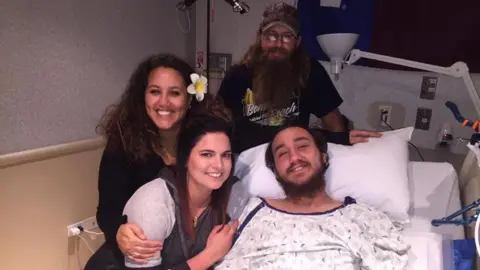
When Noland awoke from the surgery which installed the device, he said he was initially able to control a cursor on a screen by thinking about wiggling his fingers.
“Honestly I didn’t know what to expect – it sounds so sci-fi,” he said.
But after seeing his neurons spike on a screen – all the while surrounded by excited Neuralink employees – he said “it all sort of sunk in” that he could control his computer with just his thoughts.
And – even better – over time his ability to use the implant has grown to the point he can now play chess and video games.
“I grew up playing games,” he said – adding it was something he “had to let go of” when he became disabled.
“Now I’m beating my friends at games, which really shouldn’t be possible but it is.”
Noland is a powerful demonstration of the tech’s potential to change lives – but there may be drawbacks too.
“One of the main problems is privacy,” said Anil Seth, Professor of Neuroscience, University of Sussex.
“So if we are exporting our brain activity […] then we are kind of allowing access to not just what we do but potentially what we think, what we believe and what we feel,” he told the BBC.
“Once you’ve got access to stuff inside your head, there really is no other barrier to personal privacy left.”
But these aren’t concerns for Noland – instead he wants to see the chips go further in terms of what they can do.
He told the BBC he hoped the device could eventually allow him to control his wheelchair, or even a futuristic humanoid robot.
Even with the tech in its current, more limited state, it hasn’t all been smooth sailing though.
At one point, an issue with the device caused him to lose control of his computer altogether, when it partially disconnected from his brain.
“That was really upsetting to say the least,” he said.
“I didn’t know if I would be able to use Neuralink ever again.”
The connection was repaired – and subsequently improved – when engineers adjusted the software, but it highlighted a concern frequently voiced by experts over the technology’s limitations.
Big business
Neuralink is just one of many companies exploring how to digitally tap into our brain power.
Synchron is one such firm, which says its Stentrode device aimed at helping people with motor neurone disease requires a less invasive surgery to implant.
Rather than requiring open brain surgery, it is installed into a person’s jugular vein in their neck, then moved up to their brain through a blood vessel.
Like Neuralink, the device ultimately connects to the motor region of the brain.
“It picks up when someone is thinking of tapping or not tapping their finger,” said chief technology officer Riki Bannerjee.
“By being able to pick up those differences it can create what we call a digital motor output.”
That output is then turned into computer signals, where it is currently being used by 10 people.
One such person, who did not want his last name to be used, told the BBC he was the first person in the world to use the device with Apple’s Vision Pro headset.
Mark said this has allowed him to virtually holiday in far-flung locations – from standing in waterfalls in Australia to strolling across mountains in New Zealand.
“I can see down the road in the future a world where this technology could really, really make a difference for someone that has this or any paralysis,” he said.
But for Noland there is one caveat with his Neuralink chip – he agreed to be part of a study which installed it for six years, after which point the future is less clear.
Whatever happens to him, he believes his experience may be merely scratching the surface of what might one day become a reality.
“We know so little about the brain and this is allowing us to learn so much more,” he said.
Additional reporting by Yasmin Morgan-Griffiths.

